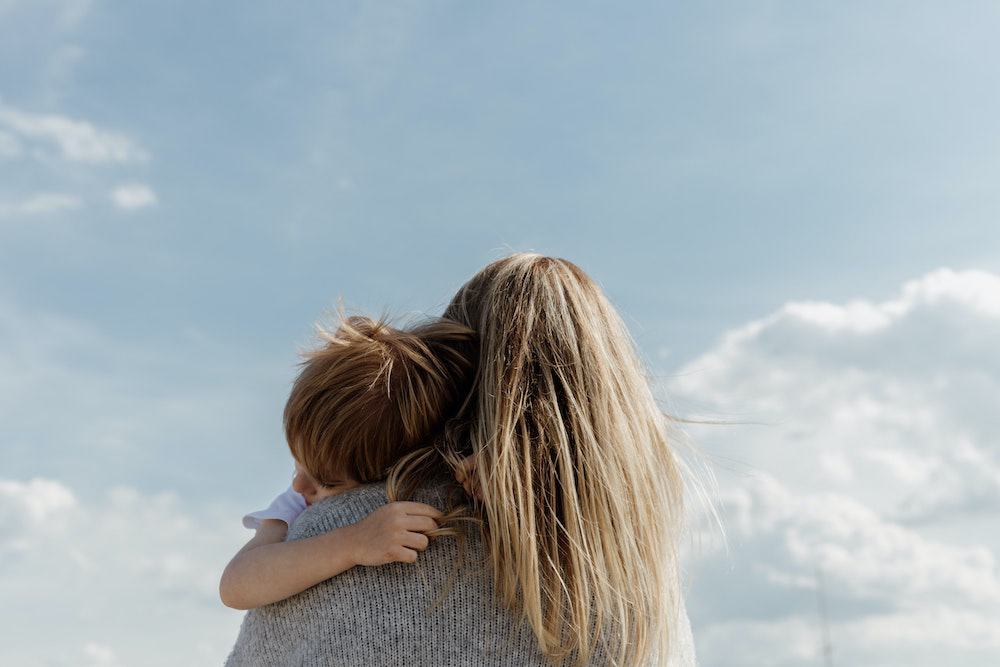If you are one of the millions of women living with an anxiety disorder, you may wonder whether you are capable of coping with the additional challenges associated with motherhood. Even if you’ve learned healthy strategies for managing your anxiety, everything can change when you bring a child into your life. If you’re thinking of starting or adding to your family, here are some essential considerations.
Parenting With Anxiety
Children are frequently noisy, disruptive, impulsive and messy – all of which can be triggering in various ways, depending on what type of anxiety disorder you have. For instance, loud sounds may provoke you if you have a heightened fight-or-flight response due to PTSD.
If your anxiety frequently puts you on edge and makes you irritable, you might lash out at your kids or partner before you even have a chance to think things through. Managing your stress levels with techniques like meditation and breathing exercises is a good place to start.
Parenting while protecting your mental health can be challenging, but you don’t have to do it alone. For example, there are plenty of parenting support groups and meetups for people with anxiety disorders. These groups are safe, judgment-free spaces where you can meet other moms and dads who are facing the same obstacles.
Can You Pass Anxiety Along to Your Children?
While researchers have identified a genetic component to mental health disorders, it’s a bit of an oversimplification to assume your children will automatically inherit your anxiety. A person’s susceptibility to developing an anxiety disorder depends on a mix of various personality and environmental factors, including learned behavioral cues.
Children are highly observant and look to their parents for information about how to react in various situations. If you consistently seem worried and fearful, your child may get the impression that the world is an unsafe place. However, you can implement strategies to ensure you do not pass your anxiety on to them.
- Be open about your feelings: Since it’s likely your child has picked up on some of the cues you’re giving off, there’s no reason to try to hide your anxiety from them. You might say something like, “I’ve been a little scared lately, but I know the thing I’m afraid of is unlikely to happen.”
- See a family therapist: If you regularly feel overwhelmed, working with a therapist who has specific training in improving family communications can help you learn to set boundaries and be a more present parent.
- Create an environment where your child feels safe: Adverse childhood experiences are one of the most significant predictors of various harmful health conditions in adulthood. Since living with an anxious parent can be traumatic for some children, ensure they have a place they can go when they feel insecure. This haven could be a relative’s house, an extracurricular club or even a place you set up in your home where your child has access to healthy self-care activities.
Improving Women’s Mental Well-Being
Pine Grove offers an array of psychiatric services for adults, including clinical treatment for anxiety disorders. These structured options can help you reclaim a better quality of life for yourself and your family. If you also have a co-occurring substance use disorder, our 12-step dual-diagnosis programming can benefit you. Learn more about what we provide by contacting us today.

